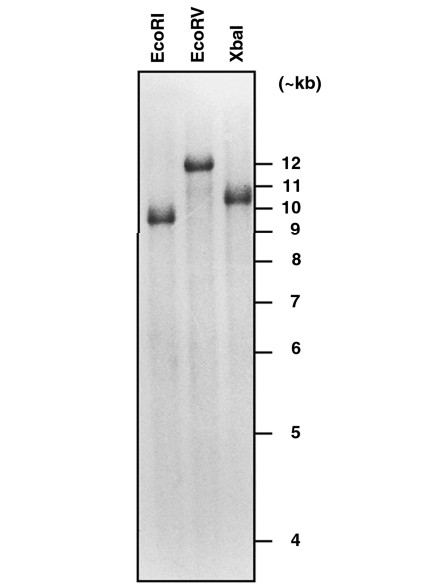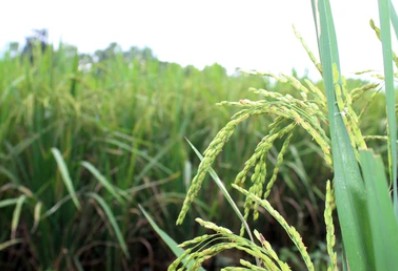Rice is one of the most important crops in the world. Rice germplasm is an essential resource for rice breeding and has made an important contribution to global food security. However, rice often faces various adverse environmental conditions during growth and development, including biotic stresses, such as pathogen infection and herbivore attack, and abiotic stresses, such as drought, high salinity, cold, and heat. Genetically modified rice is a strain of rice that has been genetically modified (also called genetically engineered) to increase micronutrients such as vitamin A, speed up photosynthesis, tolerate herbicides, resist pests, increase grain size, produce nutrients, flavor, or produce human proteins. In the safety evaluation of transgenic plants, starting from the environmental release stage, developers need to provide rice molecular characteristics information such as the copy number of the exogenous DNA fragment in the recipient genome, the integration site, and the flanking sequences at the insertion site.
 Fig. 1. Southern analysis of hsp101 gene. (Agarwal et al., 2003)
Fig. 1. Southern analysis of hsp101 gene. (Agarwal et al., 2003)

We provide advanced plant genetic engineering services to improve rice genetic traits by applying gene gun, pollen pipeline, Agrobacterium-mediated methods, etc. We can help you cultivate genetically modified rice with high yield, salt resistance, waterlogging resistance, drought resistance, insect resistance, and other properties. With years of experience, Lifeasible provides professional rice molecular characterization analysis services to evaluate the safety of genetically modified rice. We ensure to provide you with comprehensive molecular characterization information of rice, including integration and copy number analysis of foreign DNA fragments in the recipient genome.
We have a complete genetically modified corn molecular characterization detection system, including Southern hybridization, Polymerase chain reaction (PCR) analysis, PCR-based genome walking, quantitative real-time polymerase chain reaction (qRT-PCR), Southern hybridization, Western blotting, ELISA, high throughput sequencing, etc. Based on your project requirements, we will select the most suitable detection method for analyzing molecular characterization of genetically modified rice. We can analyze the following genetically modified rice, including but not limited to:
| RBSDV-resistant genetically modified rice | LLRice60 genetically modified rice | LLRice62 genetically modified rice | CryIA(b) genetically modified rice |
| BT63 genetically modified rice | G2-7 genetically modified rice | OsLCB2a1 genetically modified rice | G6H1 genetically modified rice |
| Csu-miR260-16 genetically modified rice | Csu-miR260-18 genetically modified rice | OsIPT6 genetically modified rice | - |
Work Process of Genetically Modified Rice Molecular Characterization Analysis Based on Whole-Genome Sequencing
Advantages of Genetically Modified Rice Molecular Characterization Analysis Based on Whole-Genome Sequencing
Lifeasible is committed to using high-throughput whole-genome sequencing technology combined with bioinformatics to analyze genetically modified rice molecular characterization. We aim to provide data support for safety evaluation and the establishment of transformation event-specific PCR detection methods during the commercialization of genetically modified rice. Please contact us for the best analysis solutions for genetically modified rice molecular characterization.
Reference
Lifeasible has established a one-stop service platform for plants. In addition to obtaining customized solutions for plant genetic engineering, customers can also conduct follow-up analysis and research on plants through our analysis platform. The analytical services we provide include but are not limited to the following:
Get Latest Lifeasible News and Updates Directly to Your Inbox
Adaptive Evolutionary Mechanism of Plants
February 28, 2025
Unraveling Cotton Development: Insights from Multi-Omics Studies
February 27, 2025